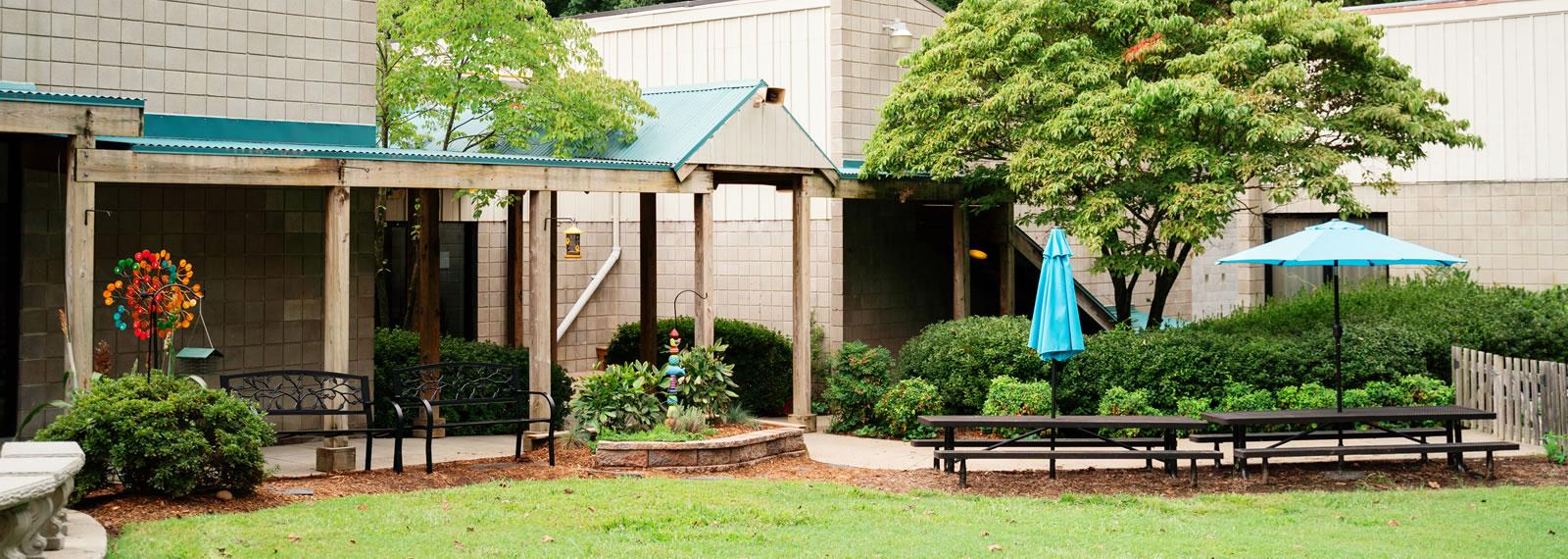All of these responses are legitimate, but…
When that question continues to appear on the brain’s ticker tape over and over, it’s a signal that some deeper consideration is needed.
The reasons that question keeps occurring to you might lie in signals that your child is showing you, or even in your own feelings about your child’s current experience at school.
If you think that private school is worth exploring, consider how these factors might be affecting you and your child.
School Is a Bore
Probably the first sign that alerts parents to their children’s need for a private school is the lack of academic stimulation. Parents might start noticing that their children zip through homework remarkably quickly. When children talk about what they learned in school, they might tell their parents that it wasn’t very interesting or that, quite frankly, it was nothing they didn’t already know.
Usually, parents have a deep sense of what challenges their children are capable of handling. Desiring a more stimulating atmosphere doesn’t mean that parents want to load pressure and work onto their children; they simply want their children’s natural curiosity to be piqued so that they may blossom. While some students can take advantage of their public school’s gifted and talented programs, others feel quite restricted in “teach to the middle” classes.
This is where a private school can provide children a chance to thrive. At RMS, for example, students benefit from individualized instruction, where teachers guide each student in developing his or her own potential. As a result, each school day brings something new to learn, making education a daily experience in invigoration and motivation.
Large Classes Hamper Student’s Growth
 Commonly, public schools have larger classes and busier hallways, which might not ruffle some students, but can seriously intimidate others. In this atmosphere, students who are already shy might have a hard time speaking up in class and end up withdrawing instead, losing the opportunity to participate in the social dynamics of school life.
Commonly, public schools have larger classes and busier hallways, which might not ruffle some students, but can seriously intimidate others. In this atmosphere, students who are already shy might have a hard time speaking up in class and end up withdrawing instead, losing the opportunity to participate in the social dynamics of school life.
Furthermore, teachers are presented with an enormous challenge, teaching material to two-dozen students at a time, enforcing rules and discipline in the classroom, helping struggling learners and responding to administrative work from parents and their superiors. It can be difficult, and in some cases impossible, to foster a sense of close-knit community or to give students the amount of individual attention they need.
A smaller learning community, such as the one found at the private school at Richmond Montessori, provides students a learning environment intentionally kept calm, focused, and supportive of each student. Plus, students regularly engage in collaborative learning projects that promote respect and appreciation of each other’s contributions. Ultimately, this type of environment gives students a greater opportunity to thrive.
Parents’ Voices Aren’t Heard
When parents find that they have to band together and bring several pairs of scissors to effect change at school, it might be time to consider private education. Why the scissors? That is for the rolls and rolls of State-mandated red tape wrapped around each process, each rule, and each system within public schools.
While it’s not impossible for parents to make things happen at public schools, it requires a great deal of coordinated effort. But once a significant amount of support from other parents is lobbied, changes generally must be approved by the school’s Board, which is not an easy feat. This can cause some parents to clam up altogether.
Private schools, however, are not governed by the State, making it easier (and less daunting) for parents to voice concerns to teachers and administrators. When parents know that they play an active role in their child’s education – and that their participation is not only respected but also welcomed – they often feel it’s well worth the investment of tuition.
No Central Mission Guides the School
At some point, parents might wonder, “What’s it all for?” While many public schools’ counselors create beneficial programs that promote the pillars of character, or that openly honor students who demonstrate kindness, good citizenship and great teamwork, many parents might crave something even more enriching.
Finding a school that is guided by a mission can provide that, and private schools will offer this. Parents have a number of options in this respect, as private schools are guided by many different missions. Missions can be faith-based or talent and skills-based, and others, like RMS, can focus on educational philosophy.
At RMS the Montessori method roots students in a strong belief that they will achieve excellence by nurturing their individual potential. Each facet of our education is guided by Montessori principles, giving students purpose in their work and helping them develop meaningful relationships along the way.
Taken together, all of these factors present a very strong case to explore private schools and select one that feels like the best fit for your child and your family. Making the switch to a private school is indeed a serious decision, and time should be dedicated to tour schools, meet with teachers, and even visit classes to get a sense of how they “feel.”
We welcome you to visit Richmond Montessori School for one of our Open Houses to learn more about our school. Please contact us to request more information and to schedule a visit in our school conveniently located off Parham Road in Richmond.





